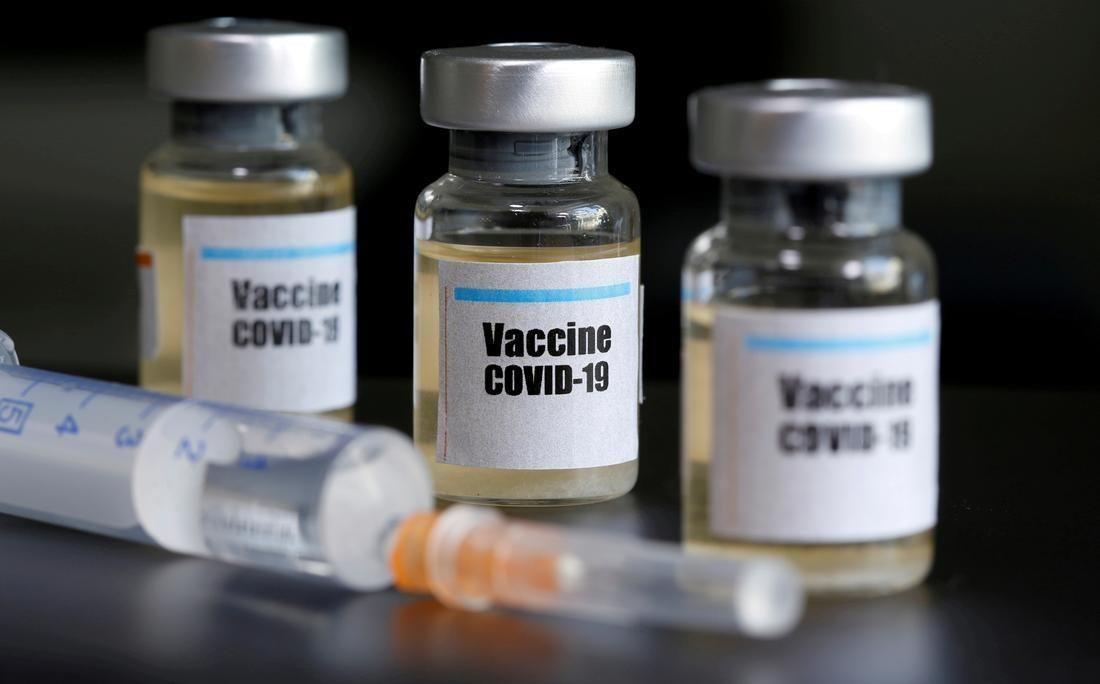With no trace of the COVID-19 vaccine in the markets yet, the novel coronavirus pandemic continues to wreak havoc upon the world.
The speed at which the virus is spreading is alarming and creates an intimidating environment for around 7.8 billion humans across the globe and increasing the need for a COVID-19 vaccine. In this evolving crisis, no one really knows the time for which the virus is going to accommodate itself peacefully.
The development of the COVID-19 vaccine has now totally turned into political goals by many world leaders and the formulation of the vaccine has turned into a competition of who presents the first vaccine in the market. Early in August, Russian President Vladimir Putin announced the arrival of the world’s first COVID-19 vaccine and proclaimed that the vaccine is ready for use. Within no time, a few days later, U.S. President Donald Trump declared that it is not impossible to produce a vaccine before the November elections as it is evident to him that advent of the virus is a threat to his re-election in the U.S.
Russia’s claim for the world’s first COVID-19 vaccine:
Since the outbreak of COVID-19, Russia became the first country to grant regulatory approval to a COVID-19 vaccine for civilian use. President Putin announced the arrival of the vaccine as a major step for the world and also disclosed that one of his daughters has also been injected with the vaccine.
Russia named the vaccine as ‘Sputnik V vaccine’ after the world’s first satellite, called Sputnik, launched by the Soviet Union. The name given to the vaccine signifies the success of the country as it considered itself to be the first one to have the approved vaccine.
There is a lot of speculation regarding the safety and effectiveness of this vaccine. Still, the Russian government approved it for civilian use, even before clinical trials were completed. Experts raised concerns over the superfast speed at which the vaccine was produced and therefore passed their disapproving judgements upon the vaccine. It is reported that the production of the vaccine is completed just within the time-lapse of two months.
COVID-19 vaccine linked to the upcoming U.S. election?
The coronavirus pandemic acted as a threat to the re-election of President Trump. The race for producing a COVID-19 vaccine has now turned into a race to produce the vaccine before the U.S. Presidential elections, which are going to be held on November 3, 2020. The production of a safe and effective vaccine before the elections will prove to be a difficult job for the U.S. President.
The U.S. Food and Drug Administration (FDA) has said it is open to granting emergency use authorisation to the vaccine, even before the completion of phase-3 trials, but only if the produced vaccine shows promising results. The pre-approval of a vaccine that is harmful or ineffective would be pressed on political forces if this fast-paced vaccine turns out to be dangerous for the human body.
India’s COVID-19 vaccine:
The Central Drugs Standard Control Organisation (CDSCO), India’s drug regulator, has allowed conducting the human clinical trials for ‘Covaxin’, India’s first indigenous COVID-19 vaccine. The Indian Council of Medical Research (ICMR) has partnered with Bharat Biotech International Limited (BBIL) to develop the indigenous vaccine.
The India-based company has obtained regulatory approval to advance its COVID-19 vaccine candidate, Covaxin, into Phase II clinical trials. After the successful completion of Phase-2 trials, the Bharat Biotech vaccine Phase-3 will take place, before releasing the vaccine to the market and ready for civilian use.
Oxford-AstraZeneca Phase-3:
All eyes are stuck on the Oxford vaccine phase-3 trial. The Oxford-AstraZeneca COVID-19 vaccine is seen as the front-runner in the global race to deliver an effective vaccine to fight the deadly virus. The vaccine is undergoing Phase-3 clinical trials in Britain, Brazil, South Africa and India.
The vaccine showed promising results during the early stages of its clinical trials. The Serum Institute of India (SII) has also tied up with Oxford-AstraZeneca in a bid to make millions of doses of the vaccine over three months.

